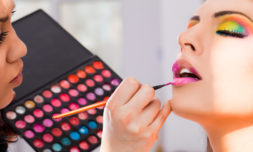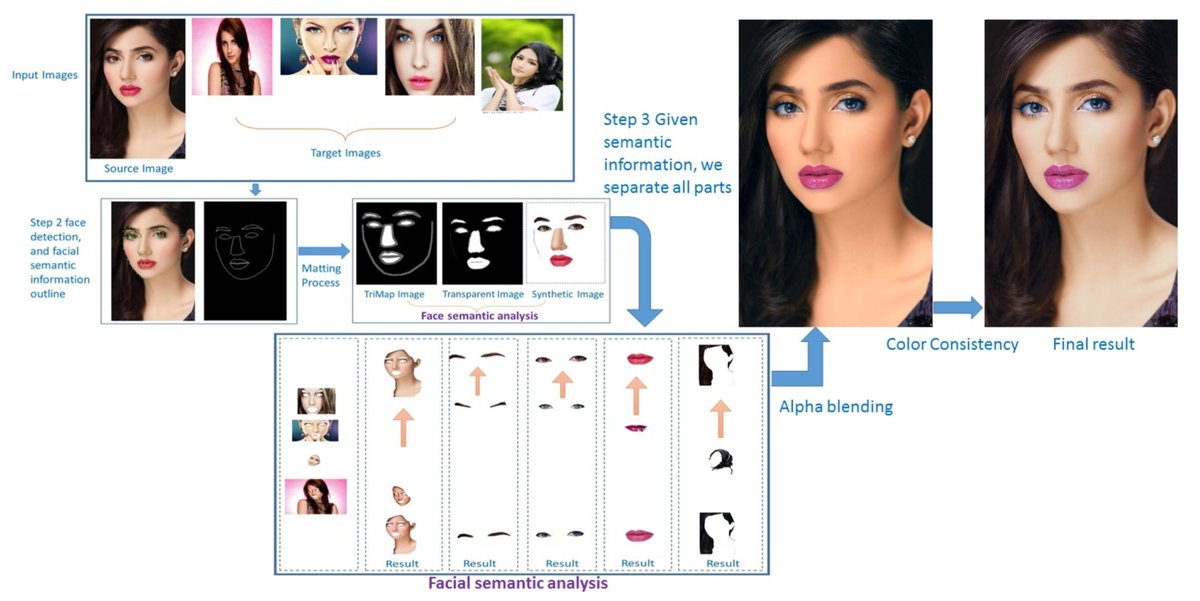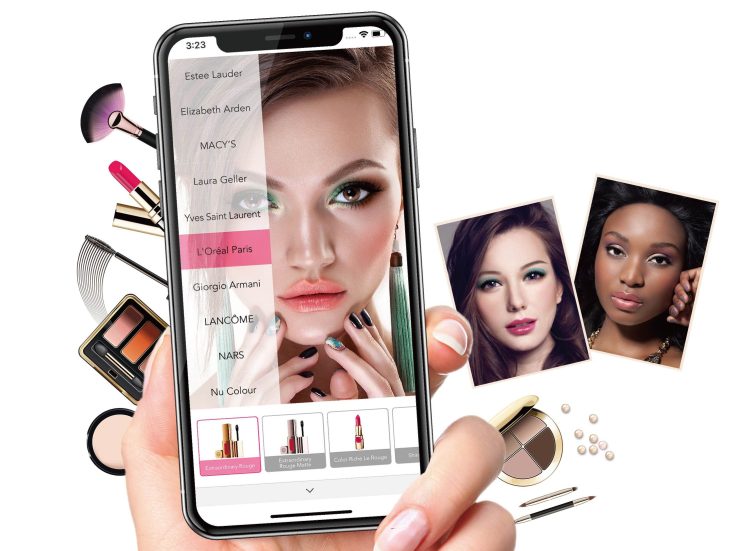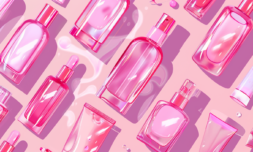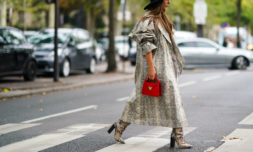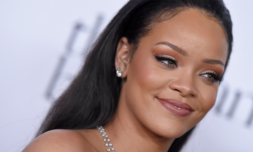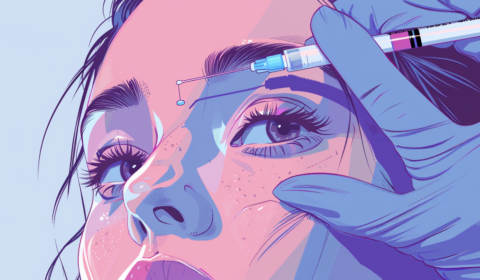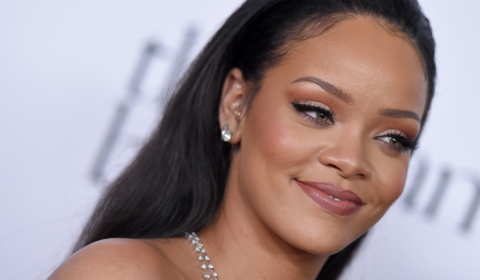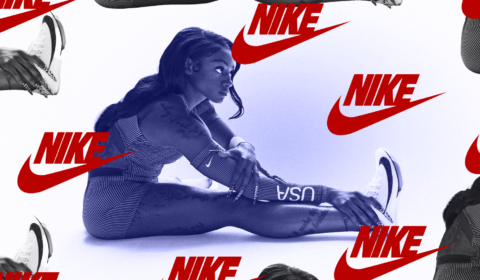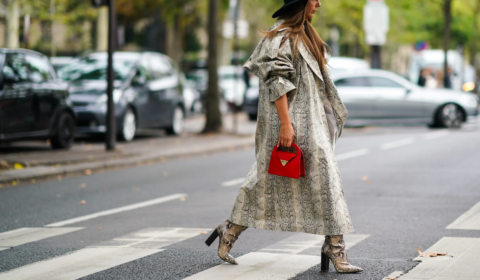Digital tools thriving amidst a pandemic imposing cautious mindsets towards ‘touch’ will redefine how we shop for beauty products in the long-term.
As in a large majority of sectors, the worlds of beauty and technology have collided at an accelerating pace over the past few years. Estimated to reach $650 billion by 2023, the global cosmetics market has been infused with the power of Silicon Valley. Add to this, safety concerns over human contact under Covid-19 restrictions, and its easy to see why digital tools are becoming commonplace.
While beauty continues to chase this boom propelled by the pandemic, the industry is currently being challenged to adopt virtual solutions that’ll remain popular beyond the tumultuous year we’ve just had. At the apex of these industries are innovations in artificial intelligence, deep learning, and augmented reality, all set to revolutionise how we interact with beauty in the long-term.
Accepting that consumer habits have changed entirely, brands and retailers are drastically evolving to adapt to this new landscape and at rapid pace. Following the impact that Covid-19 has had on the online rush to keep up with the rise of digital, beauty has distanced itself further from its traditional roots of in-person sampling, consultants, and department stores, choosing instead to focus on smart subscriptions, streamlined online shopping, and nifty gadgets.
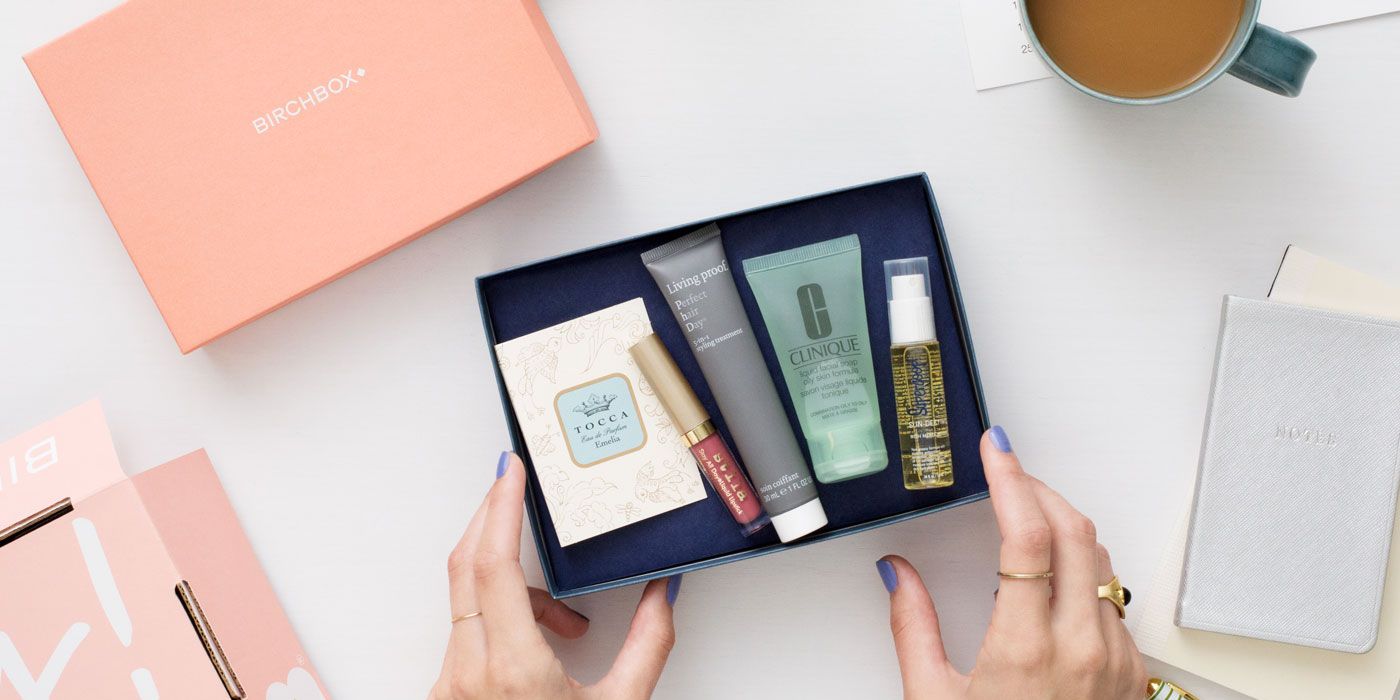

Originally launched as a unique, affordable means of discovering products, subscription boxes have become the ideal solution for brands – heavily reliant on touch, smell, and testing – to get their goods into the hands of consumers.
Rather than offering a single sample at checkout, cosmetics companies are appealing to their buyers with the opportunity to purchase items on a monthly basis for a reduced price.
Not only are these boxes specialised and tailor-made using game-changing algorithms – a win-win for the ever-growing number of consumers interested in personalisation – but they’re pro-sustainability too as they eliminate overproduction by condensing sales into one, pre-arranged subscription.
‘Beauty is fast-paced and innovative, it always has been,’ Adriana Shilton, strategic account director at Bazaarvoice told Cosmeticsdesign-europe. ‘I think we’re seeing a lot of changes and growth to enable businesses to transition out of that ‘look and touch in person’ model into online very successfully.’











